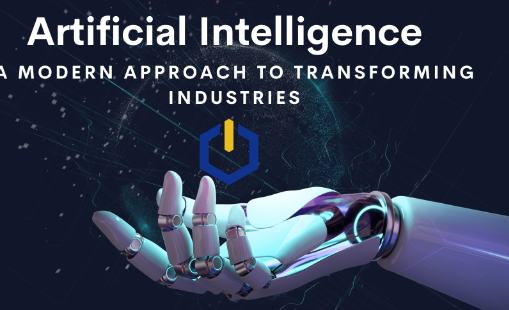Artificial intelligence (AI) is rapidly transforming various aspects of our daily lives, from how we interact with technology to the way industries operate. Understanding AI through a modern lens is essential for anyone looking to navigate today’s tech-driven world. This blog post will explore the core principles of AI and its real-world applications, offering insights into its impact and potential.
The Foundations of AI
At its core, artificial intelligence focuses on creating systems that can perform tasks typically requiring human intelligence. This includes areas like learning, reasoning, problem-solving, and perception. Modern AI leverages various techniques, including machine learning, neural networks, and natural language processing. Machine learning allows systems to learn from data and improve over time, while neural networks attempt to mimic the way the human brain processes information. Understanding these foundations provides a glimpse into how AI works and its incredible potential to solve complex problems.
Real-World Applications of AI
AI is making significant inroads into a wide array of industries, dramatically altering how we engage with technology and services. In healthcare, for instance, AI algorithms can analyze medical images and assist in diagnosing diseases faster and more accurately. In finance, AI systems can detect fraudulent transactions in real-time, safeguarding user information and assets. From enhancing user experience in retail through personalized recommendations to optimizing supply chain management, AI is becoming a vital tool that drives efficiency and innovation across sectors.
The Ethical Considerations of AI
As we embrace AI’s capabilities, it’s crucial to address the ethical considerations that arise. Issues such as data privacy, algorithmic bias, and job displacement are central to the AI conversation. For example, algorithms trained on biased data can perpetuate inequalities in decision-making processes, while the automation of jobs can lead to workforce challenges. Engaging in discussions about these ethical implications is essential for developing AI technologies that are not only efficient but also responsible and equitable.
In conclusion, artificial intelligence is a powerful tool reshaping our world, offering opportunities and challenges alike. By understanding its principles, applications, and ethical considerations, we can better navigate this transformative landscape. Curious to dive deeper into the world of AI? Explore further resources or consider taking a course to enhance your understanding and stay ahead in this exciting field!

